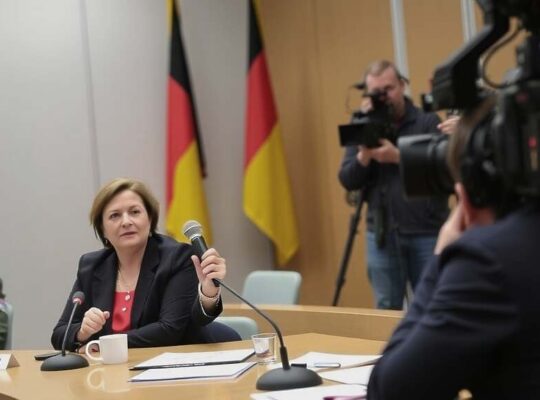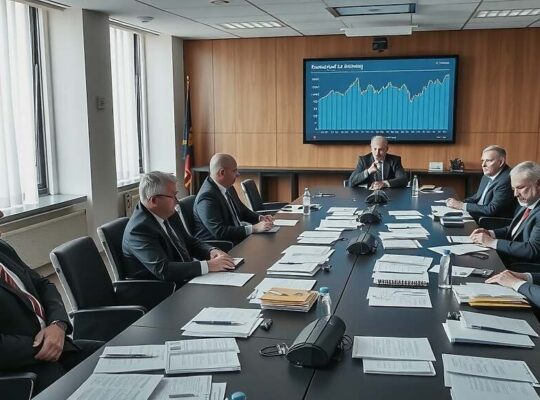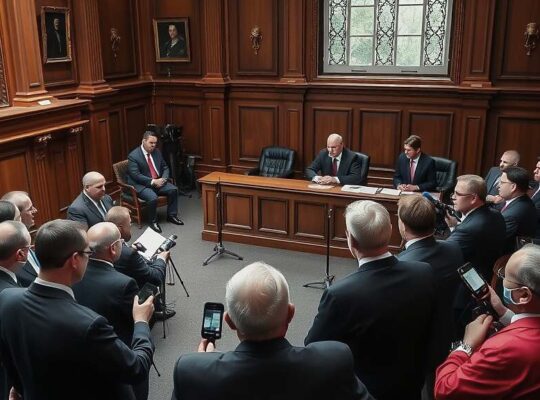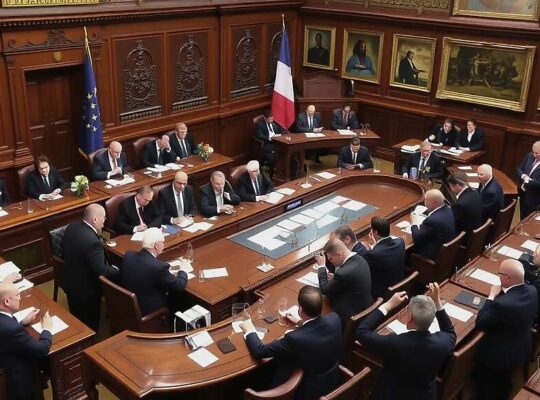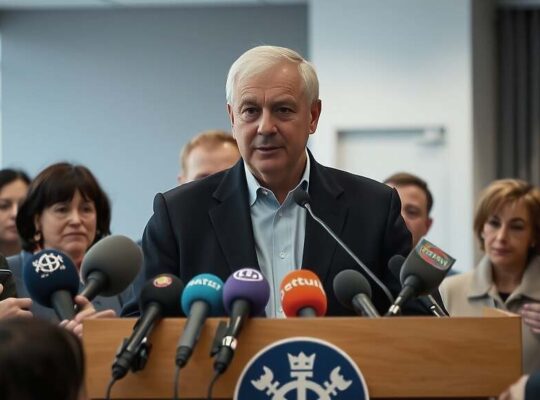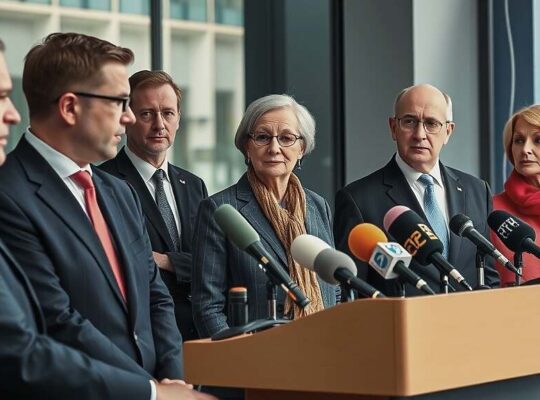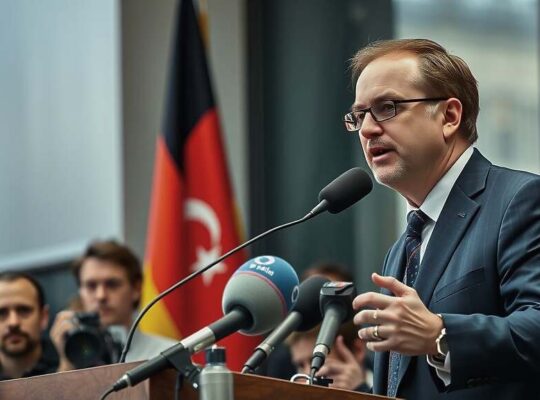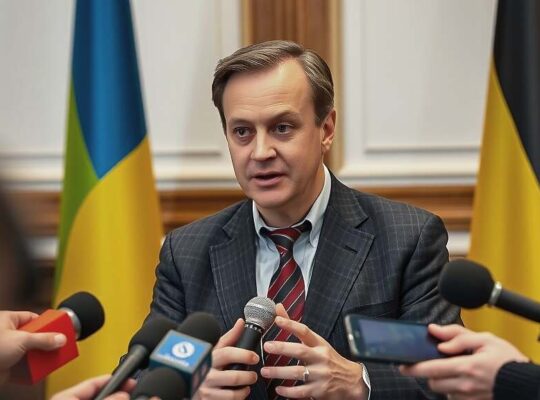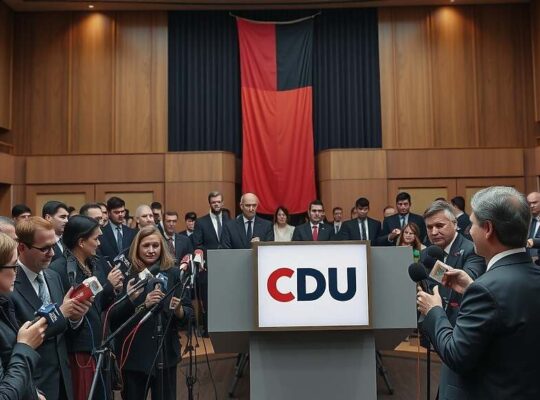He accused the governing coalition of breaking promises by invoking an exception to the country’s debt brake solely for military purposes
Bartsch expressed disappointment with what he described as the coalition’s uncritical acceptance of governmental proposals, signaling the Left party intends to actively oppose what it views as erosion of the social safety net He announced plans for a sustained period of political resistance, framing it as a counter to what the party perceives as attacks on social programs
His criticisms extended to the government’s communication style, alleging a focus on slogans rather than substantive policies and characterizing the budget as failing to stimulate genuine economic growth He further accused the government of providing unrestricted support to the arms industry
Meanwhile, Sebastian Schäfer, spokesperson for budgetary policy of the Green party, echoed concerns about insufficient investment, arguing that opportunities to modernize infrastructure during a period of low interest rates were missed He called for a fundamental review of the debt brake, describing it as uniquely restrictive in comparison to other nations
Schäfer also accused the government of employing accounting maneuvers and risking Germany’s international reputation through cuts to development aid The Greens advocate increased support for Ukraine, potentially facilitated by the exception to the debt brake already granted for military spending He concluded with a pointed criticism of Chancellor Friedrich Merz’s tendency to announce ambitious targets lacking realistic foundations, stating, “This republic is not Blackrock
Both Bartsch and Schäfer concurred on the need to reassess the debt brake, with Bartsch highlighting widespread economic criticism of its rigid application



